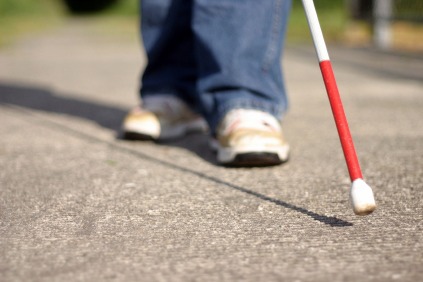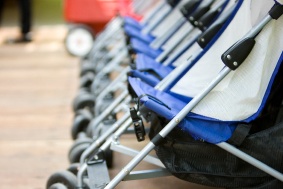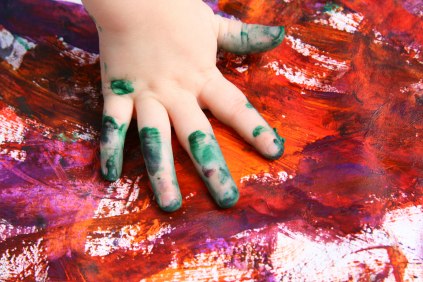Do you have a child who is shortly going to begin preschool? If yes then it is time to make sure that your child is toilet-trained.

Toilet Training [Illustration by Shinod AP]
While it would be wise not to burden the child with the guilt of shameful behaviour, it goes without saying that toilet-training is an important milestone in a child’s growth.
If your child is able to go to the loo independently, it will make a difference to his overall personality. Not only will the child be more confident of himself, he will feel more in control, more at ease with himself and vis-a-vis his peers in school. It is likely to go a long way in enhancing his self-esteem.
Therefore, actively watch out for some of these signs in your child that indicate his readiness to get toilet-trained:
- Stays dry for two hours or during a nap.
- Has bowel movement at regular times every day.
- Bowel movements are well formed.
- Communicates the need to urinate.
- Understands and cooperates with simple directions.
- Is interested in the toilet or bathroom.
- Shows imitative behaviour.
- Takes pride in accomplishments.
- He is not in a period of negativism where he will say ‘no’ to just about everything you ask him to do.In addition to considering readiness signals, make sure that the child is not experiencing a stressful situation when you start toilet training. Stressful situations may include weaning from the breast or bottle, the birth of a new baby in the family and changes in child care arrangements. Wait for four to six weeks after the stressful situation before beginning toilet training. And most importantly, be patient and consistent. It will take at least two weeks of continuous effort on your part for results to show.










